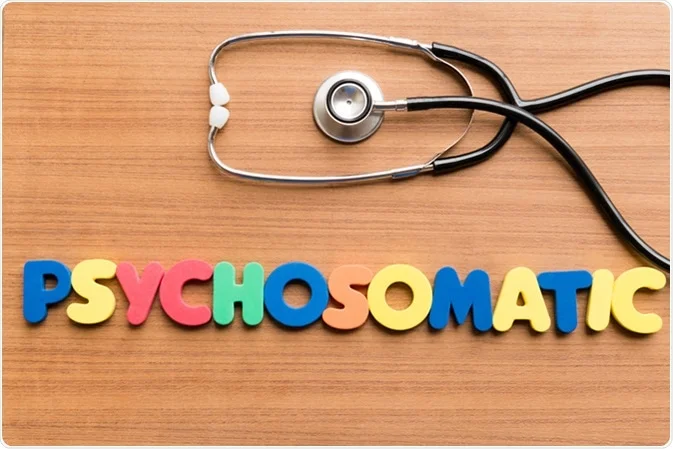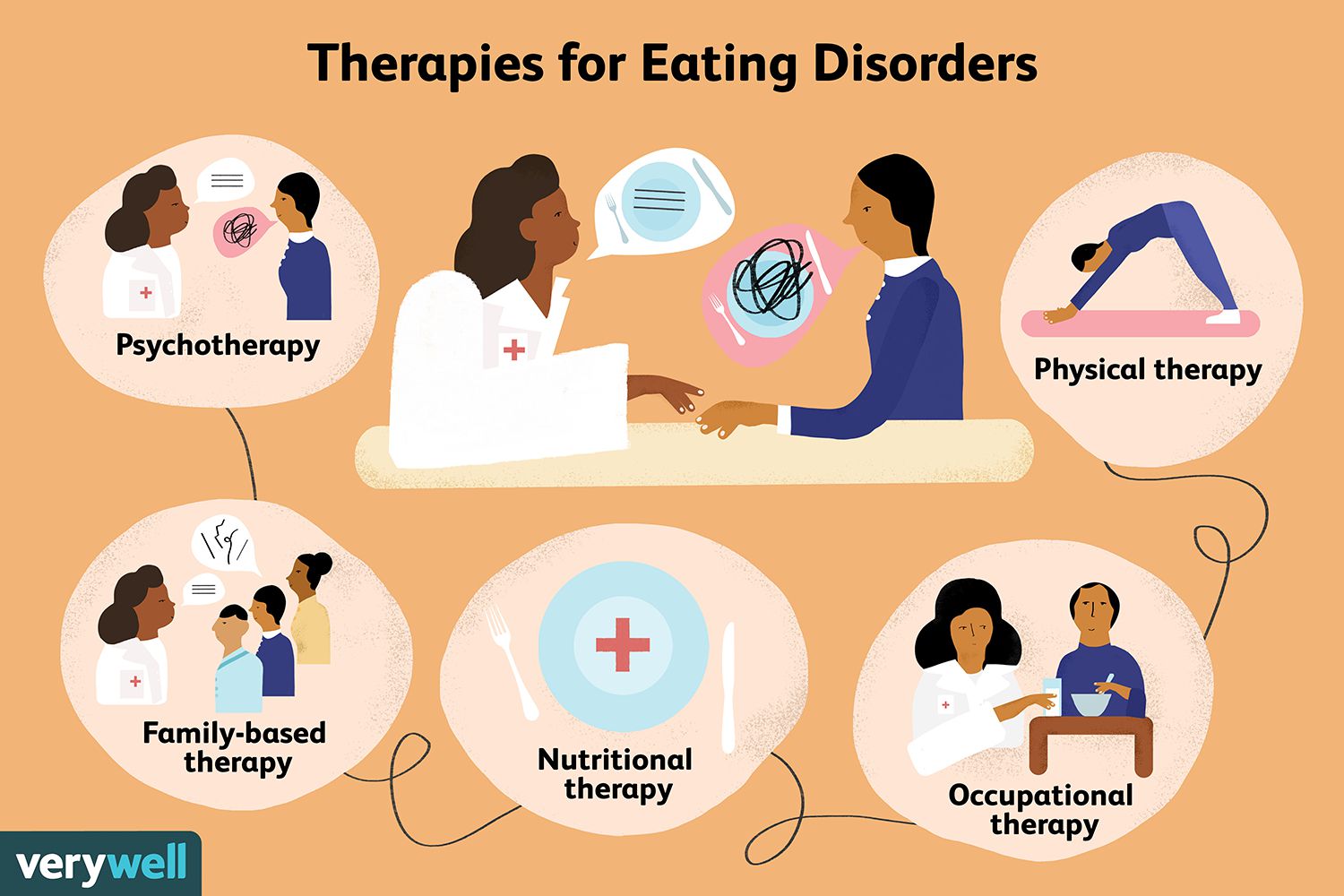Psychosomatic disorders are physical symptoms caused or worsened by psychological factors. These conditions occur when mental health issues manifest as physical symptoms. While the symptoms may seem physical, they are often rooted in emotional or psychological distress.
Common Psychosomatic Disorders
- Functional Neurological Symptom Disorder (FND): This disorder involves symptoms that affect movement or sensation, such as weakness, paralysis, or numbness. These symptoms can’t be explained by a neurological or medical condition.
- Irritable Bowel Syndrome (IBS): A common digestive disorder characterized by abdominal pain, bloating, gas, diarrhea, and constipation.
- Migraine Headaches: Severe headaches often accompanied by nausea, vomiting, and sensitivity to light and sound.
- Chronic Fatigue Syndrome (CFS): A debilitating condition characterized by extreme fatigue that is not relieved by rest.
- Fibromyalgia: A chronic condition characterized by widespread pain, fatigue, and tenderness in the muscles and joints.
Causes of Psychosomatic Disorders
The exact causes of psychosomatic disorders are not fully understood, but they are believed to be influenced by a complex interplay of psychological, biological, and social factors. Some potential causes include:
- Stress and Anxiety: Chronic stress and anxiety can trigger physical symptoms.
- Trauma: Past traumatic experiences can contribute to the development of psychosomatic disorders.
- Personality Traits: Certain personality traits, such as neuroticism and sensitivity, may increase susceptibility.
- Unconscious Psychological Conflicts: Unresolved emotional issues can manifest as physical symptoms.
Treatment of Psychosomatic Disorders
Treatment for psychosomatic disorders often involves a multidisciplinary approach, combining psychological and medical interventions. Some common treatment options include:
- Psychotherapy: Cognitive-behavioral therapy (CBT) can help individuals identify and manage negative thought patterns and behaviors.
- Medication: Medications may be prescribed to manage specific symptoms, such as anxiety, depression, or pain.
- Stress Management Techniques: Relaxation techniques, such as meditation and yoga, can help reduce stress and improve overall well-being.
- Physical Therapy: Physical therapy can help manage pain and improve physical function.
It’s important to seek professional help if you’re experiencing symptoms of a psychosomatic disorder. Early diagnosis and treatment can significantly improve your quality of life.



